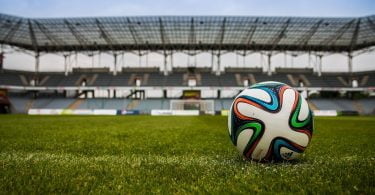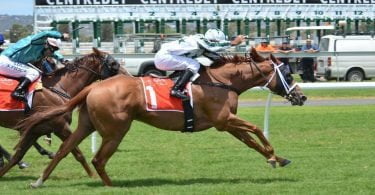If Milton Keynes Dons’ manager Karl Robinson ran around his living room at the prospect of a second round FA Cup clash with AFC Wimbledon, it is hard to imagine the levels of joy exhibited in
If Milton Keynes Dons’ manager Karl Robinson ran around his living room at the prospect of a second round FA Cup clash with AFC Wimbledon, it is hard to imagine the levels of joy exhibited in his post match team talk following his side’s 6-1 demolition of Cambridge on Tuesday evening.
That result combined with AFC Wimbledon’s 4-3 victory over York City on Monday turned the dream of a first match between the two sides which lay claim to the Dons branding into a very real reality.
The history between the clubs tells a story of a bitter fallout and subsequent war of football ideologies.
In 2001, Wimbledon announced plans to relocate to Milton Keynes, much to the general dismay of the fans, the FA and the Football League. Despite powerful and vocal opposition, an independent panel ruled that the move was legal and in the best interests of the club in 2002.
What subsequently followed could be likened to football torture for Wimbledon fans. After a period of relative financial turmoil for the club, Wimbledon moved to Milton Keynes at the start of the 2003 season and suffered relegation in the same year. The club was then disbanded and from its ashes the MK Dons were born.
Yet that only tells half of the story. For many Wimbledon fans, their club had been taken away from them. Whilst some moved to support nearby teams such as Crystal Palace, many fans decided to form a new Wimbledon and AFC Wimbledon was born as a fan owned club – starting out in the ninth tier of English football.
Five promotions and ten years later, AFC Wimbledon find themselves in League Two under the stewardship of Neil Ardley – just one league below their antiquated football rivals.
Whilst Robinson dreamed of a potential cup clash, for Ardley and his club, this is the fixture that represents their worst nightmare. The rivalry runs far too deep and is not only a part of AFC’s history, it is their history.
The battle over a concept that the club was born in protest of will no longer only exist in the hearts and minds of fans – it will be played out on the pitch at a ground which showcases football in a new British town at its finest.
The difference in approaches between the managers underlines how different the clubs have become since their separation in 2002. Many MK Dons fans will support their club because it is local to their town, not because they had any association with Wimbledon FC. Whilst both sets of fans will understand the significance of the game, perhaps only AFC supporters will really feel it.
For the neutrals, ask yourself this question – who would you prefer to see win the game?
Do you back the club which brought the game into Milton Keynes and created a football identity within the town, or do you back the fan owned club born out of pure passion and a desire on the part of fans to save the identity of the club that they love?
Perhaps the answer reveals how you really feel about football after all.








